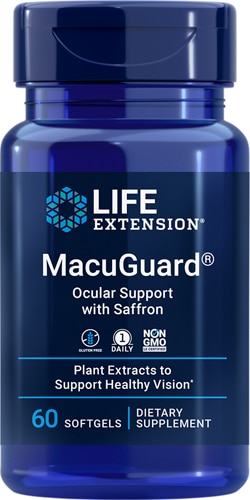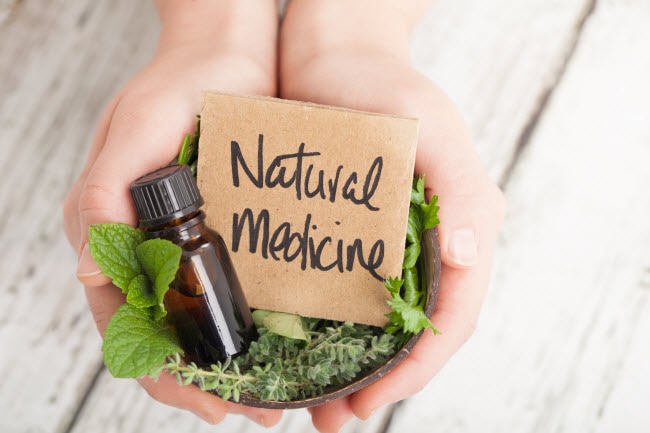When you think of hacking, the cyber variety probably comes to mind first — the invasion of our computers to steal our sensitive information. Then, there’s life hacking, which involves employing a tip or trick to more easily accomplish something that’s part of our everyday existence, such as ripening a banana.
Nowadays, another kind of hacking is coming to the forefront: biohacking. As described by Women’s Health, biohacking “is a rapidly growing movement” for people seeking to enhance their lives, with methods ranging from sipping butter coffee to undertaking DIY body modification. People are trying biohacks to take on a host of wellness issues, such as sleep, diet and exercise.
While this movement offers hope, it also presents risks.
What is biohacking?
“The core concepts behind biohacking are promising, and its role in personalized healthcare has merit and will surely expand into the healthcare ecosystem,” says bioengineer and certified nutritionist Brian Bender, co-founder of Intake, a provider of nutrition-tracking technology. “However, it is an early, often under-the-radar practice at present and should be approached with caution. Our current understanding of personalized healthcare is still nascent, and our technologies for collecting personal health data are only just getting underway.”
In other words, biohacker beware.
According to the Global Wellness institute, biohacking has attracted a cadre of devotees, including data scientists, bio-techies, extreme sports enthusiasts, futurists and citizen scientists. One tech millionaire in Northern California claims to have spent $200,000 on biohacking — including pills, injections and implants — that, among other benefits, has made him “calmer, thinner, extroverted, healthier [and] happier.”
Biohackers, the institute says, “are united by their pioneering spirit, openness towards crossing new frontiers, dangerous ideas, a belief that their aims are achievable and a determination to free themselves from the limits of nature, age and illness. From the perspective of a biohacker, immortality is an engineering problem.”
Wellness advocate Fiona Gilbert counts herself among the biohacking pioneers.
Gilbert says she’s been a professional biohacker for about 10 years, drawing upon advancements in biotech, wellness, nutrition and other arenas to create ecosystems that make her clients feel better, regardless of what “better” means to them.
“It can range from managing a chronic medical condition or disability, or better cognitive performance or general wellness or even sexual wellness,” Gilbert says. “It’s multidisciplinary and multicultural.”
Certified nutrition specialist Justin Nault, founder and CEO of health and wellness company Clovis, is another longtime biohacker. He defines biohacking as “the art and science of changing the environment around you and inside you so you have more control over your own biology.”
“Biohacking can be loosely applied to basic lifestyle interventions such as nutrition and exercise,” Nault says. “However, biohacking is usually describing interventions that are a bit outside the box.”
Among Nault’s “outside the box” activities: Every evening, he lounges for 30 minutes in a full-spectrum, infrared sauna, followed immediately by a cold shower. Nault says he does this to boost his “deep sleep” cycles. He uses a piece of wearable tech called the Oura Ring to measure sleep data, aiming to further improve his sleep and aid his recovery from workouts.
One of Nault’s less complicated biohacks centers on maximizing muscle growth by manipulating meal times and engaging in intermittent fasting.
Just as with any trailblazers, biohacking pioneers like Gilbert and Nault are sometimes entering uncharted territory. As such, Bender, the Intake co-founder, says biohacking must be approached cautiously.
Bender points out that many biohacking technologies haven’t been fully developed yet, meaning they lack the level of accuracy required to make responsible decisions based on the data that’s churned out.
Also, he says, taking healthcare matters into your own hands can be dangerous, especially if your actions go against standard medical advice. Earlier this year, The New York Times reported a couple of biohacking missteps: A biotech executive injected himself with what he hoped would be a treatment for herpes, while another man injected himself with a homemade treatment for HIV. Neither treatment worked. Right now, there’s no regulatory oversight of this sort of biohacking experimentation.
Furthermore, Bender says, some biohackers are embracing self-treatments that they think will yield positive results based on preliminary studies but that haven’t been fully vetted by science.
“Without fully understanding the effects of these treatments in wide-ranging settings and conditions, these individuals can be putting themselves at high risk,” Bender warns.
Ira Pastor, CEO of regenerative medicine company Bioquark, doesn’t dismiss biohacking entirely. But he notes that some of the more “exotic” biohacking techniques, including DIY vaccines and gene editing, are unproven.
“As we know from the last 100 years in the pharma industry, it can take years for problems to show up from more common technologies,” Pastor says. “Some folks, in my opinion, are running a bit too fast into the future with using these tools in an uncontrolled fashion and should probably not be part of the biohacking narrative today.”




